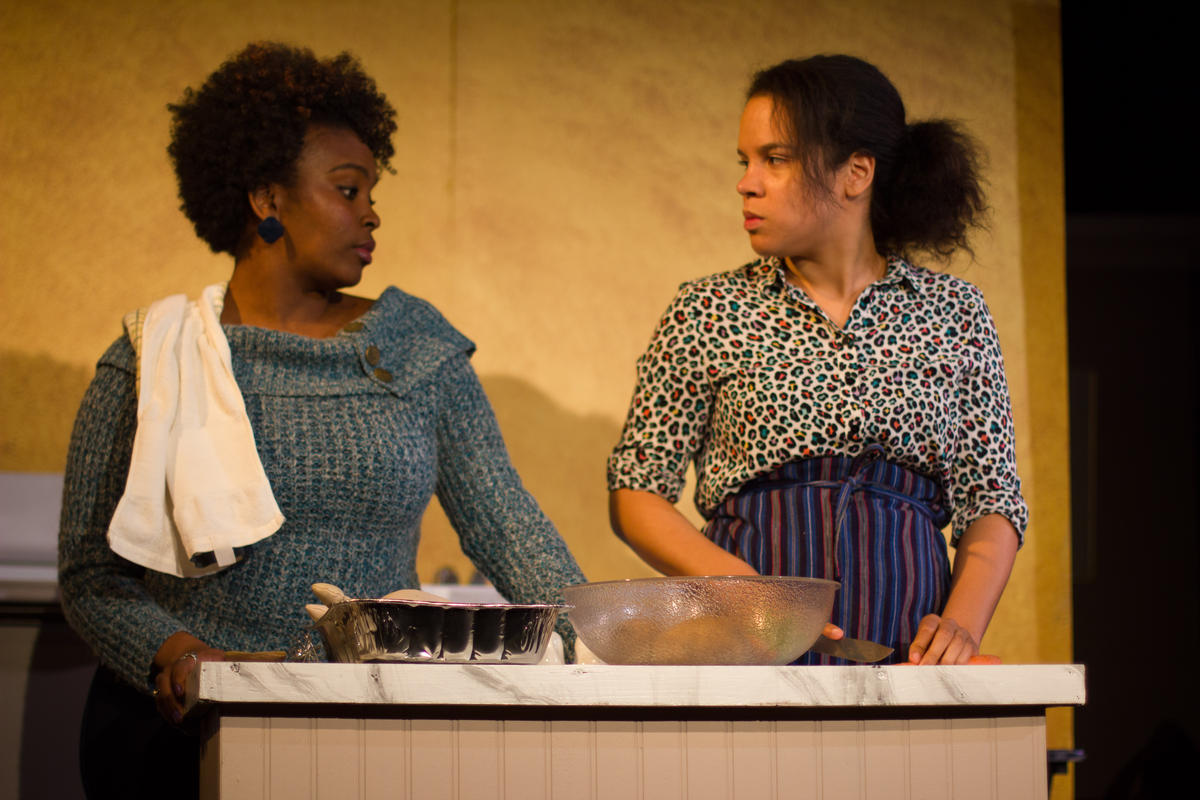Hollywood has long shown discomfort with interracial couples, but change is happeningPosted in Articles, Literary/Artistic Criticism, Media Archive, United States on 2016-11-11 02:22Z by Steven |
Hollywood has long shown discomfort with interracial couples, but change is happening
The Los Angeles Times
2016-11-10
Katherine Houghton puts a flower in Sidney Poitier’s hair in a scene from the film “Guess Who’s Coming To Dinner.” (Getty Images) |
In 1967, the same year the Supreme Court case Loving vs. Virginia struck down laws banning miscegenation, Sidney Poitier starred in “Guess Who’s Coming to Dinner” as a black man romantically involved with blond Katherine Houghton.
Yet in both real and reel life, black-white romantic relationships were problematic, fraught with legal and social taboos. In the case of Loving, that meant rural Virginia couple Richard and Mildred Loving, who married in Washington, D.C., in 1958, were arrested in their home state, forced to move away or be jailed, and spent years fighting the racist law that affected them until the Supreme Court unanimously overturned it.
“The fact any miscegenation laws even existed, these are vestiges of slavery,” says Jeff Nichols, director of “Loving,” a new film based on the famous case starring Joel Edgerton and Ruth Negga. “All of this speaks to the institutionalized racism in the South.”
“Guess,” which was released six months after the Loving decision, was, in its own way, meant to be a liberal antidote to situations like this. In director Stanley Kramer’s film, parents and friends of the romantic couple discuss the pros and cons of their romance in a civilized manner until the woman’s father (played by Spencer Tracy) gives his blessing to the relationship…
Read the entire article here.



